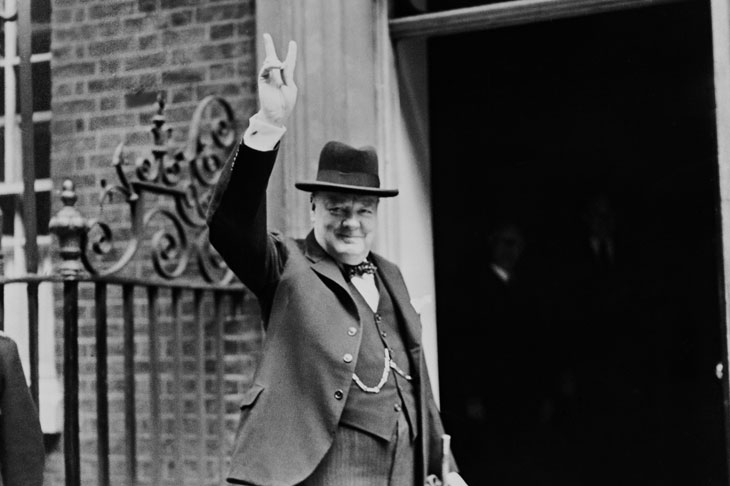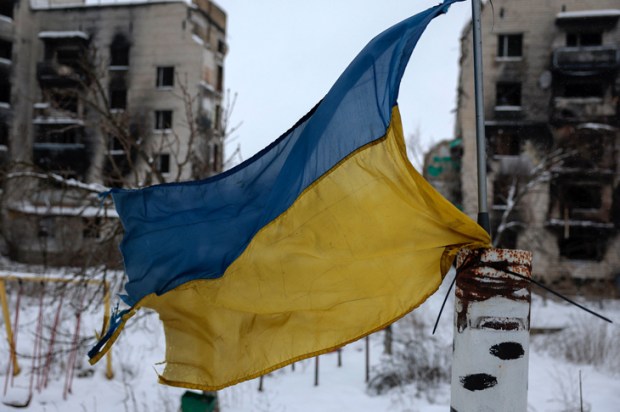The reverberations continue from Scott Morrison’s secret business with serial swearing in to multiple ministerial portfolios. It’s past time for Anthony Albanese to wake up to the reality that he is now PM, not leader of the opposition and as such needs to get on with the little task of actually governing the country. He has already helped to neutralise the internal disgust within the Liberal party at Morrison’s power grab by stealth and risks cementing the public perception of a distracting witch-hunt, just like the Democrats have succeeded in transforming Trump into a martyr. Australia cannot afford to mimic the US descent into vicious tribal politics that weaponises state power against political opponents. Despite the breach of parliamentary conventions, there is no suggestion that Morrison abused the powers he had gathered to himself, except possibly when he cancelled a politically unpopular offshore gas drilling project. The centralisation of powers by several Labor premiers led to many more grave abuses, with not a peep of protest from Albanese or Morrison. If the PM establishes a royal commission into only the federal management of Covid then, channelling Dad’s Army: Who do you think you’re kidding, Mr Albanese? The really critical flaw was the Biosecurity Emergency Declaration that gives unfettered dictatorial powers to the health minister. It should be repealed or, at the very least, substantially trimmed.
There is an even more urgent issue that needs correction, especially as tensions mount with China: the unchecked prime ministerial prerogative to go to war. At a panel discussion at the ANU in 2013, Malcolm Fraser drew laughter by saying that, no matter how strong the ministers, only a weak PM would fail to get his way in cabinet on a decision to go to war. There was laughter too at a discussion with top leaders in Beijing with a Canadian group including a former PM. At one point the Chinese said if they understood it right, President Xi Jinping was subject to more collective constraints on decision-making than the PM of a parliamentary democracy. Indeed. Strong PMs have the measure of their cabinet, can get strongly held decisions through and commit to war on a personal whim. Instead, we should require the government to seek parliament’s consent.
Some argue that subjecting the decision to parliamentary vote would risk a fractious debate and the delay could endanger lives. This is a furphy. In order to be deployed into active combat operations overseas, militaries need advance preparations. Which major crisis of recent times blew up overnight? It took months for the US to mobilise for the first Gulf War in 1991. The arguments against giving parliament voice, vote and veto are flimsy, the risks of doing so are exaggerated and the advantages of doing so are clear and compelling. Think of the political judgment of captain’s picks by recent PMs. Or, internationally, of the PMs of Canada or New Zealand having such unilateral power, or for that matter the new British PM seems to have been spoiling for war with nuclear-armed Russia.
Putting Diggers in harm’s way in combat theatres requires extraordinary levels of personal courage and commitment from family – parents, partners, siblings. We owe it to them to try and get the quality of the decision making as right as we possibly can. This will ensure a better proportion of right decisions and outcomes from the political process.
Conventional wisdom holds that the 2003 Iraq War was illegal, immoral, caused many deaths and great humanitarian suffering, and inflicted grave strategic setbacks to Western interests. The decades since have done little to soften the criticism and much to validate and deepen it. George W. Bush, Tony Blair and John Howard pitted their judgment against the wisdom of the people. Yet, going by their statements, all three are like Philip II of Spain: ‘No experience of the failure of his policy could shake his belief in its essential excellence’, the historian Barbara Tuchman informs us.
This is not an argument to reject the war option, but to require that the decision be based on informed parliamentary consent and political leaders be prepared to stand up and be counted. Hillary Clinton famously accused rival Democratic primary candidate Barack Obama of having made one speech as the sum total of his foreign policy credentials. She was right. What she would not acknowledge was that he proved prescient in that one speech and, even more critically, she herself had got it disastrously wrong in voting for the war. It’s the two together that allowed voters to judge their respective competence to be in charge of US foreign policy as president and commander-in-chief. Or consider John Kerry, Obama’s Secretary of State. As with Joe Biden, foreign policy was supposed to be his forte. As senator, he voted against the 1991 Gulf War and for the 2003 Iraq war: wrong on both counts. This gave voters a good basis on which to judge his potential as the Democratic presidential candidate.
In the scholarly literature, two complementary propositions hold sway. First, democracies almost never fight one another. Reasons for this include a default normative belief in the illegality and illegitimacy of force as a means of settling disputes and the relatively greater difficulty of demonising other democracies, with whom we might have foreign policy disagreements, than brutal dictatorships and totalitarian regimes. The second, less well-known proposition is that when their anger is aroused to the point of war, democracies tend to prevail because by then their decision to fight is supported by a national consensus. Putting the two together, democracies make for ‘powerful pacifists’.
Urging caution before choosing war is a counsel of care and due diligence, not pacifism. If the nation is in peril in the face of a clear and present danger, it’s inconceivable that the major parties will not rally round the flag. The votes of all MPs individually and the political parties collectively will be recorded for posterity, from which there will be no escape in due course. Those who make the right judgment call, whether to support or oppose the decision to go to war, will be rewarded by voters and praised by historians. Those who get it badly wrong will be punished. It’s called democracy.
It would be good to see it in action retrospectively on Covid management policies as well. Policies that were unethical in their premise, proved totalitarian in their construct and which sidelined parliaments and in dooing so contributed to terrible outcomes.
Got something to add? Join the discussion and comment below.
Get 10 issues for just $10
Subscribe to The Spectator Australia today for the next 10 magazine issues, plus full online access, for just $10.
You might disagree with half of it, but you’ll enjoy reading all of it. Try your first month for free, then just $2 a week for the remainder of your first year.














Comments
Don't miss out
Join the conversation with other Spectator Australia readers. Subscribe to leave a comment.
SUBSCRIBEAlready a subscriber? Log in